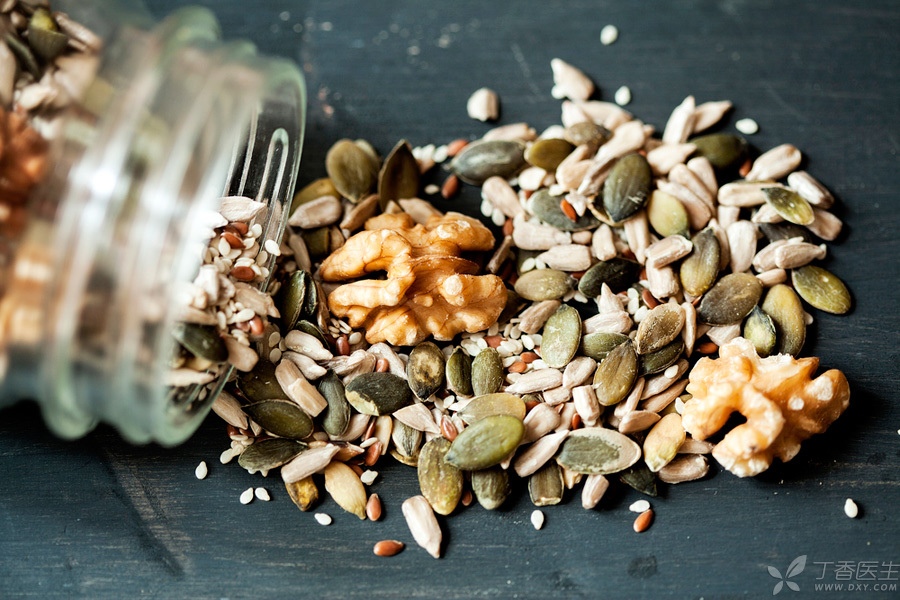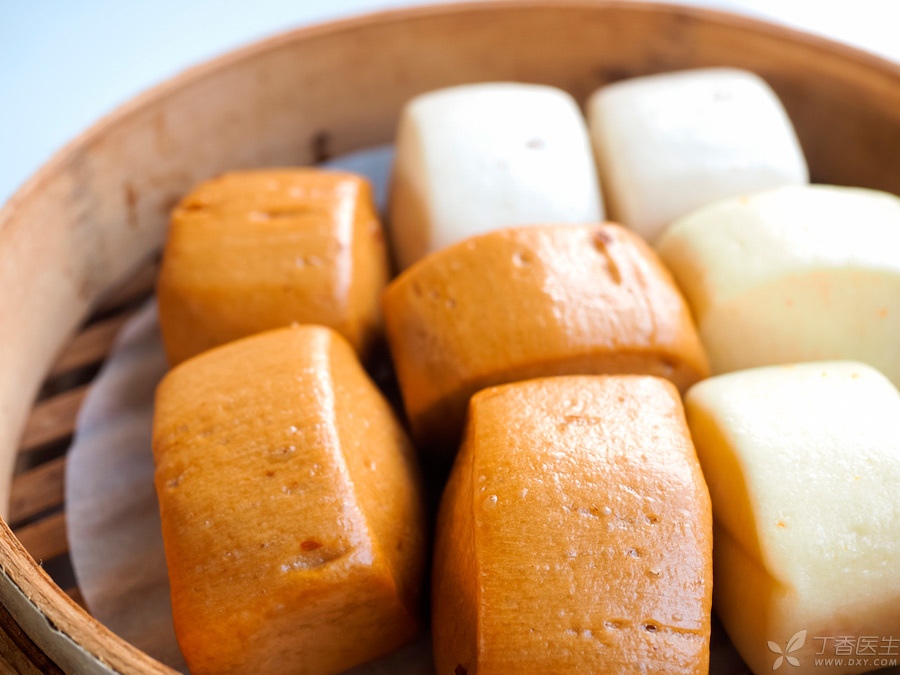In the hot summer, we sweat like a pig and feel difficult, but many microorganisms like this season best-the temperature is high and the humidity is high, which is really suitable for reproduction.
This brings great hidden dangers to food safety.
How to preserve food in summer is actually important. Our old friend teacher Fan Zhihong, what we want to share this time is six tips for families to preserve food.
Let’s talk about the general principles first. There are mainly the following measures.

1. Fruits, vegetables, meat products, dairy products and other easily spoiled foods are best eaten as you buy them, with a maximum of 2-3 days.
2. Do not buy large packages for cheap prices. It is best to split the extra food into small bags and put them in impermeable sealed packages for proper preservation.
3. After buying, cook and eat quickly and finish in time. If you can’t finish eating at one time, you’d better distribute it in advance and refrigerate it.
4. Leftovers should be put into the refrigerator for refrigeration in time, not at room temperature for more than two hours.
5. Heat the food thoroughly after it is taken out of the refrigerator.
6. Check the refrigerator frequently and dispose of the food that has been stale for too long in time.
As for oil, rice, seasonings, etc., they are often not eaten in a few days. How can they be safely spent in summer?
Edible oil

Ultraviolet rays, light, heat, moisture, etc. will promote the oxidation and deterioration of grease, which is not good for the body.
Therefore, when we buy oil, we must see the factory date clearly, try to buy fresh oil, and choose small packaging.
If you buy a large barrel of oil, pour out some of it and put it into a clean oil bottle or oil jug with a lid. Then immediately tighten the lid of the large barrel of oil again and store it in a cabinet that is not visible to prevent air and moisture from entering.
Oil jugs or oil bottles should be placed in cabinets at ordinary times, not on windowsills or hearths. Take them out when cooking, cover them when they are finished, and put them back. Remember to clean the oil jugs regularly.
Try to finish the oil poured into the oil jug within one week. Try to finish the oil in the barrel within 3 months.
Grain and beans

Grain, beans, etc. are easy to be affected with damp, mildew and insects in humid and hot weather.
It is suggested that when buying grain and beans, priority should be given to small vacuumized packages. Under such conditions of insufficient oxygen, mold and worms are difficult to carry out large-scale activities.
You can open the vacuum package in sunny and dry weather and split it into small bags that can be eaten in a week or two while it is dry. Then drive out the air in the bag, clamp it and store it in the shade.
Sometimes, whole grains that have not been processed may be mixed with some eggs. You can seal the grains in an impermeable bag and freeze them for two or three weeks. Then gradually raise the temperature to room temperature in a sealed state and open it when you are ready to eat. This will not make it easy for insects to grow.
Others like to use beverage bottles to preserve grain and beans, which is also a good way to save the place and is beautiful and tidy.
However, we must first ensure that the grain is dry and bottled in dry weather, and then tighten the lid quickly.
Nuts and dried fruits

Nuts and fruits are dry and easy to be affected with damp and oxidation. When the humidity is high, the food in the open package will quickly soften and become [skin].
Once water is absorbed, it is not only conducive to oxidation reaction, but also mold will come to you.
Therefore, don’t buy too much at one time, give priority to products taken out of vacuum sealed bags or products whose shells are not damaged.
After buying it, you can find a good weather, spread out the dried fruits and bask in them for a few hours, or use the lowest gear of the microwave oven to remove the water vapor, and then pack them into sealed boxes or bags.
If you can’t finish eating in a short time, you can put the sealed nuts and dried fruits into the freezer.
After taking it out of the refrigerator, open the package after the temperature completely reaches room temperature, so as not to generate water vapor on the surface and absorb moisture again.
Seasonings

Salt, sugar, chicken essence and the like all have certain anti-corrosion effects, as long as they are placed in a cool and dry place to avoid moisture absorption and caking.
Curry powder, spiced powder, prickly ash, star anise, cinnamon and other spices have certain insect-proof properties and bacteriostasis to a certain extent, but they also have the possibility of mold growth, and the longer they are opened, the greater the aroma loss.
It is suggested to give priority to the purchase of small packages. If you have already bought large packages, you’d better take them out in small quantities and seal the rest to avoid moisture absorption and deterioration.
For all kinds of ketchup, mustard sauce, chili sauce, mushroom sauce, pickled vegetables, fermented bean curd, etc., carefully look at the storage conditions and storage period on the package. If it is stated above that refrigeration is required after opening, it must be stored in the refrigerator.
Special attention should also be paid not to touch them with unclean chopsticks and spoons, otherwise it will accelerate mildew and degeneration.
Dry product

All kinds of dried fish, sea rice, shrimps, dried scallops and other dried aquatic products are easy to absorb moisture and grow mold, and are also easy to decompose proteins due to bacterial reproduction, resulting in amine substances and pungent taste.
Therefore, it is best to split these products into small bags, put them in impermeable sealed packages, and refrigerate them in refrigerators.
When eating, take out a small amount, wash it with water and foam it, and put the rest back into the refrigerator immediately. This can be kept for more than half a year.
Dry products such as tea, milk powder and coffee have low moisture content and are not easy to breed microorganisms. They can be placed in a cool and dry place.
Put them in the refrigerator to prolong their shelf life, but be sure to seal them tightly in advance. If the seal is not tight, it will absorb the smell and moisture in the refrigerator.
Pasta and rice

Steamed bread, bread, cakes and other foods cannot be eaten out, and should be divided into one-time packaging that can be eaten out, which can be stored in the refrigerator for 1-2 days.
However, if it takes a longer time, it will need to seal the mouth after packaging and freeze it in the freezer.
The same is true for steamed buns, dumplings, pies, coarse cereals and rice. You can make more at a time. After cooking, you can subcontract and freeze it. In this way, it will not harden and dry. Take out one portion at a time and heat it to eat. It is a very convenient meal preparation measure in summer.
These are the suggestions that Teacher Fan shared with readers and friends to preserve food. Is there any inspiration?
Save food properly and spend summer healthily.
